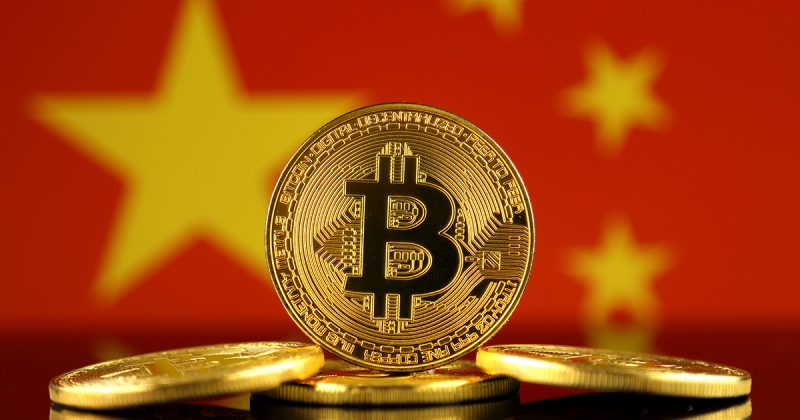
US-China Tensions and Bitcoin on the Rise
Sino-American relations are under new stress as the U.S. government has added new sanctions due to China's encroachment on Hong Kong. Historically, Bitcoin has helped investors navigate such tension.
The United States is threatening China with fresh sanctions over the new security law imposed in Hong Kong. As relations between the two countries sour, Bitcoin could benefit from an increase in capital inflow.
How the Dispute Affects Bitcoin
When the trade war between the United States and China was at its peak, BTC was the best performing asset, as per a report from Grayscale.
Once again, the two economic powerhouses find themselves clashing heads as the United States condemns China for revoking Hong Kong’s autonomy.
“The State Department is required by the Hong Kong Policy Act to assess the autonomy of the territory from China. After careful study of developments over the reporting period, I certified to Congress today that Hong Kong does not continue to warrant treatment under United States laws in the same manner as U.S. laws were applied to Hong Kong before July 1997,” said Mike Pompeo, the United States Secretary of State.
The United States Congress has approved sanctions on China for its treatment of the Uighur community, with more action imminent over the Hong Kong debacle.
Amid similar geopolitical tensions, Bitcoin has historically seen significant price appreciation. During the brief period when the United States was embroiled in a skirmish with Iran, Bitcoin saw capital inflows while the stock market stagnated.
A research note from Stack Funds highlights that BTC showcases strong price performance when the Chinese yuan is shocked by volatility. The yuan is currently in a volatile period, and this could be the result of fear from local investors.
During the trade war, several reports emerged of Chinese investors using BTC as a way to move their capital out of China or to simply hedge against the adverse economic impact that U.S sanctions had on Chinese businesses.
However, these investors are not fond of volatility and tend to prefer using stablecoins, like Tether.
Stablecoins, which are structured as retail dollar swap lines, allow the Chinese investors to hold dollars while the yuan depreciates. They have an added benefit of reduced volatility relative to BTC.
This could be a contributing factor to the recent Tether boom, which has seen over $3 billion of fresh issuance in the last two months.
New Sanctions May Not Impact Bitcoin
The global economic structure is a complex system, meaning different situations yield different outcomes.
An economic slowdown caused by the fallout from COVID-19 renders today’s economic situation vastly different from that of early 2019 when the trade war was making headlines.
As a result, the effect of new sanctions on China could have an unexpected impact on Bitcoin. Investors may turn to gold as a hedge rather than Bitcoin. One must also remember the Chinese government’s hostility towards cryptocurrencies in general.
While it’s likely for more Chinese investors to flock to cryptocurrency as an exit, these investors may be forced to change their behavior due to variable circumstances.
Given the dynamic environment, it’s important to look at both sides of the coin.
